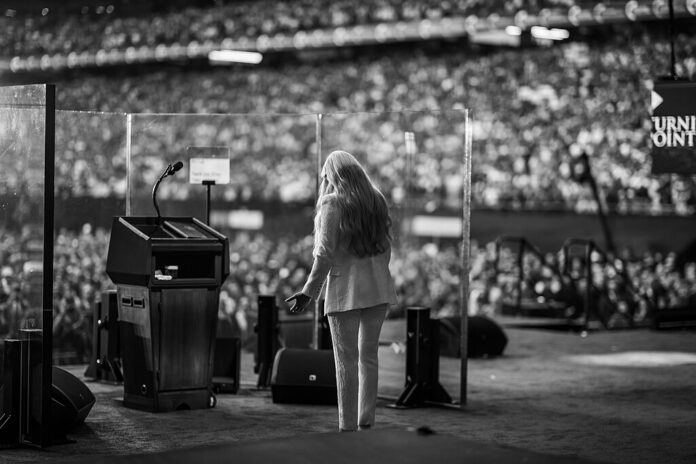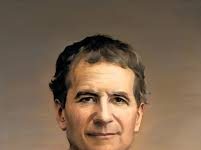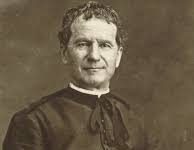When Erika Kirk stepped up to the microphone to speak about Charlie, the mood was nothing like a staged tribute. You could witness her tremendous suffering and authenticity. Every word was marked by the love she had for him and by the faith they shared, a faith that turned even her grief into testimony.
She reminded everyone of Charlie’s favourite verse: “Here I am, Lord. Send me” (Isaiah 6:8). He didn’t just quote those words. He lived them. Charlie gave himself to defending truth, to preaching the Gospel, and to lifting up others. Saying yes to God wasn’t just a slogan for him. It was what ultimately would define his whole life, including his untimely death. His life exemplified Blaise Pascal’s observation that the true essence of humanity lies not in transient distractions but in eternity. Charlie bore witness to this, something that our world is resistant to.
After his assassination, some tried to twist the meaning of the moment, as though Christian fidelity and contempt for God’s truth could be placed on equal footing. Erika’s testimony, along with the witness of the wider Church, makes plain that such comparisons collapse under their own weight.
If ever there was a moment when American Christians might have erupted in violence, this was it. A beloved and outspoken defender of the faith was executed in broad daylight. Yet no mobs filled the streets. No buildings burned. No gunshots cracked through the night. What we saw instead was prayer. The packed stadium was a testament to the glory of God and the indomitable spirit of humanity. At the center stood a widow who, rather than demanding vengeance, extended forgiveness to her husband’s killer. That choice alone shows the difference. There is no ambiguity between these two responses. Let us be explicitly clear: there is no moral equivalence.
The world must wrestle with this contrast. Where cynics expected violence and chaos, Christians turned to God in prayer. Erika chose forgiveness, echoing Christ’s words on the cross: “Father, forgive them, for they know not what they do.” By contrast, late-night television reduced Charlie’s murder to a punchline. Jimmy Kimmel, who had once applauded Tucker Carlson’s removal from Fox and even endured a brief suspension from ABC, mocked the tragedy on air. That is not courage but cowardice. It unmasks an profound spiritual poverty that distracts itself with ridicule, choosing momentary diversion over the weight of sorrow and truth.
The truth has to be spoken without hesitation. The political left has no counterpart to what Charlie represented. There is no figure in its ranks whose death could stir hearts toward repentance and hope, drive people back to prayer, or spark revival in the way his did. In fact, what we have seen is quite the opposite. Stadiums were packed, millions prayed, and long-closed Bibles were opened again. That kind of response was not born from celebrity status but from conviction, not from self-promotion but from a life rooted in Christ. His passing cut so deeply because his entire mission pointed beyond himself.
Perhaps Erika’s strongest words came when she said: “I forgive him because it was what Christ did and is what Charlie would do. The answer to hate is not hate. The answer we know from the Gospel is love and always love.”
Forgiveness may appear weak to the world, but it is in fact the strongest act a Christian can offer. It stands in stark contrast to the endless cycles of vengeance that dominate our culture.
Charlie Kirk’s life, as Erika described it, was a miracle. His death has become a turning point. His memory now confronts us with a choice.
One path leads to prayer, forgiveness, family, and Christ. The other leads to sneering, mockery, chaos, debauchery, the celebration of tragedy, and ultimately hell.
There is no moral equivalence between the two. The only question is which road we will take.












